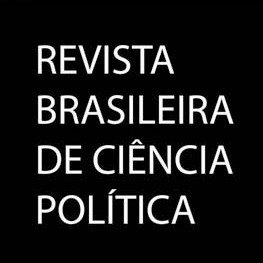Abstract:
This article argues that developmentalism and liberalism are not necessarily antagonistic. If some versions of liberalism criticize any expression of the state, as is the case of Eugênio Gudin, liberalism as a whole should not be reduced to that approach. Between the 1930s and 1970s, the majority of liberal political thinkers in Brazil defended a kind of liberalism that demands planning and a strong state action. Based on the methodological suggestions of Reinhart Koselleck, this article analyzes the relationship between developmentalism and liberalism during the Brazilian Republic of 1946. The study focusses on the bonds between the concepts of the State and of lanning in the work of three of the most relevant public intellectuals of that historical period: Afonso Arinos, Roberto Campos and Hélio Jaguaribe. The choice of authors stems from the fact that they represent three distinct perspectives on the concepts of development, planning and liberalism. The research results prove that there is no intrinsic contradiction between liberalism and the defense of an active role for the State.
Keywords:
Developmentalism; liberalism; Brazilian political thought; Brazilian economic thought; state; planning
